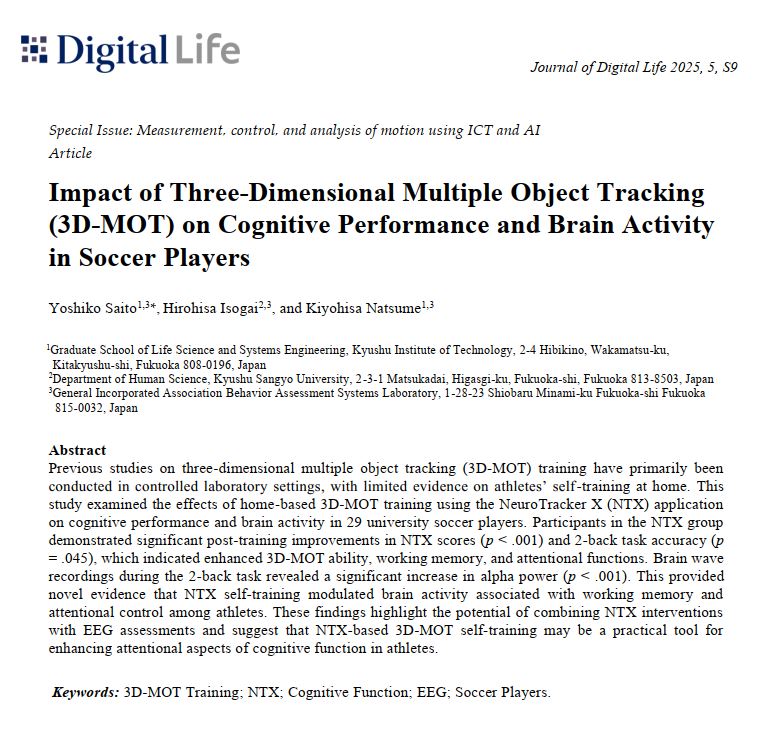Welcome to the Research and Strategy Services at in today's fast-paced.


In the competitive world of sports, where every fraction of a second and every split-second decision counts, one often overlooked aspect can make all the difference: sports vision. Dr. Daniel Laby, an ophthalmologist with over 30 years of experience and multiple championship rings from working with world-class athletes, brings to the forefront what this field is all about in his new book ‘‘Eye of the Champion: Unlocking the Power of Sports Vision for Peak Performance’’.
Drawing from his extensive career working with professional athletes across a panorama of sports, Dr. Laby delves into the intricate relationship between vision, neuroscience and psychology in the context of on-field performance. Here we will review what the book is all about.

Trained in Ophthalmology and specializing sports vision research and training of athletes, Dr. Laby has worked closely with MLB, NHL, and NBA teams, as well medal-winning teams at the Beijing and Tokyo Olympic games.
As a researcher who has actively expanded the field of sports vision science, he has authored many journal articles, in particular revealing new insights into the visual performance characteristics of different types of athletes.
Dr. Laby has an unusual zeal for educating common athletes and coaches on the principles he has extensively put into practice with the pros. His YouTube channel, Sports Vision by Dr. Laby, quickly garnered over 14K+ subscribers and is a superb resource for anyone looking to up their game via science. Dr. Laby regularly publishes insights on human performance concepts and the practical applications of sport vision science, all discernible to the layman.
Dr Laby was also featured in a fascinating Red Bull documentary detailing his comprehensive sports vision work with soccer star Trent Alexander Arnold, of Liverpool FC.

Eye of the Champion isn't just a theoretical exploration, it's a practical guide, born from decades of hands-on experience.
Although it is interspersed with attention-grabbing anecdotes of his work with all-time greats like baseball legend Manny Ramirez, this book is all about aiding athletes and coaches at any level. Dr. Laby’s goal is to help people harness the applied use of knowledge accumulated in the whole field of sports vision science.
That said, there is also lots to learn even for a seasoned sports vision trainer. For example, a surprising 80% of the refracting power of the eye is due to the air and fluid interface in the tear film, as opposed to 20% coming from the lens. The critical role of the lens is actually its adaptive focusing abilities.
What sets this book apart is how Dr. Laby distills the core scientific foundations of vision-related human performance, and then builds-out how they are applied with crystal clear examples and even introductions to the tools and technologies available.
Whether you're a seasoned professional or an aspiring amateur, Eye of the Champion is a piece of literature thoughtfully designed from the ground-up to empower athletes to optimize their visual capabilities, ultimately enabling them to perform at their best.
Some cursory insights to be gained include:
- What 20/20 vision actually is, and why it is insufficient for most sports.
- How ‘quiet eye’ technique works.
- Why peripheral vision is stronger in low light conditions.
- Why where an athlete is looking before they make a play can predict their success rate
- The extent you process visual information and execute sports actions unconsciously.
- Why training mental muscle is much more effective than trying to train eye muscles.
- Why refractive surgery isn’t usually a good option for sports performance.
There are also pedagogically excellent images and QR code links, such as interactive illusions, helping give first-hand experience of the concepts being discussed.
The core learning component of Eye of the Champion is the grandiose ‘‘Sports Vision Pyramid’’, a kind of ten commandments guide to the overall application of sports vision principles.

Accordingly, Dr. Laby first takes the time to outlay the essential concepts of the pyramid, like why it is so important to have solid foundations of the lower tiers, before working on aspects of the higher tiers.
He then breaks down each tier, chapter by chapter, delving into nested subjects like Go No-Go decision-making, along with details of their practical applications.
Dr. Laby also goes the extra mile to precisely describe how to reliably assess and train these sub-components of visual performance, as well as introducing the best practical tools for the job, in each domain.
Finally, he gives explanations of concepts athletes and coaches might have heard of, but are not quite sure about. For instance, what neuroplasticity is and if it is actually trainable from a sports performance perspective. Or why ocular dominance is one of the most common misconceptions in sports.
Overall Eye of the Champion is an erudite and comprehensive exposé of sports vision science and its real-world applications from a seasoned leader of the field. Dr. Laby makes this crucial dimension of human performance not only accessible, but memorable. There are lots of valuable lessons here, both conceptual and practical, that any athlete and coach can add to their toolkit.







Welcome to the Research and Strategy Services at in today's fast-paced.

Standardized testing environments combine predefined formats and time limits that narrow how knowledge can be expressed. This interpretive guide help to distinguish structural constraint from reduced cognitive capacity.

Divided attention demands can alter performance through multiple processing streams rather than reducing cognitive capacity. This article interprets how to distinguish structural allocation from diminished ability under environmental constraint.

Reduced action range can alter performance by narrowing what can be physically or perceptually executed rather than diminishing cognitive ability. This article interprets how to distinguishing structural boundaries from capacity limitation.
.png)